Blog

Switching Your Drug of Choice: An Addiction Specialist’s Perspective
One of the most misunderstood aspects of addiction is the phenomenon of switching your drug of choice. Many people in recovery believe that if they stop using one substance—say alcohol—and replace it with another—like cannabis, stimulants, or even compulsive behaviors such as gambling or sex—they’re still making progress. In reality, this is often just addiction in disguise.

Never Give Up: Why Healing Is Still Possible After Relapse
Relapse. It’s a word that carries weight, shame, and often a sense of defeat. But here’s the truth that doesn’t get said enough: relapse is not the end of your recovery—it’s part of the journey. And if you’ve found yourself back in the cycle, again and again, I want you to know this: you are not broken, and you are not alone.

When Someone You Love Is Struggling with Addiction: Where You Can Find Help Too
Addiction doesn’t just affect the person using—it ripples outward, touching everyone close to them. If you’re the parent, partner, sibling, or friend of someone battling addiction, you know the pain intimately. The sleepless nights. The fear. The anger. The helplessness. You may feel like you’re drowning in someone else’s chaos, unsure where to turn or how to help.
Let me say this clearly: you deserve support too. Your healing matters. And there are resources, communities, and professionals ready to walk beside you.
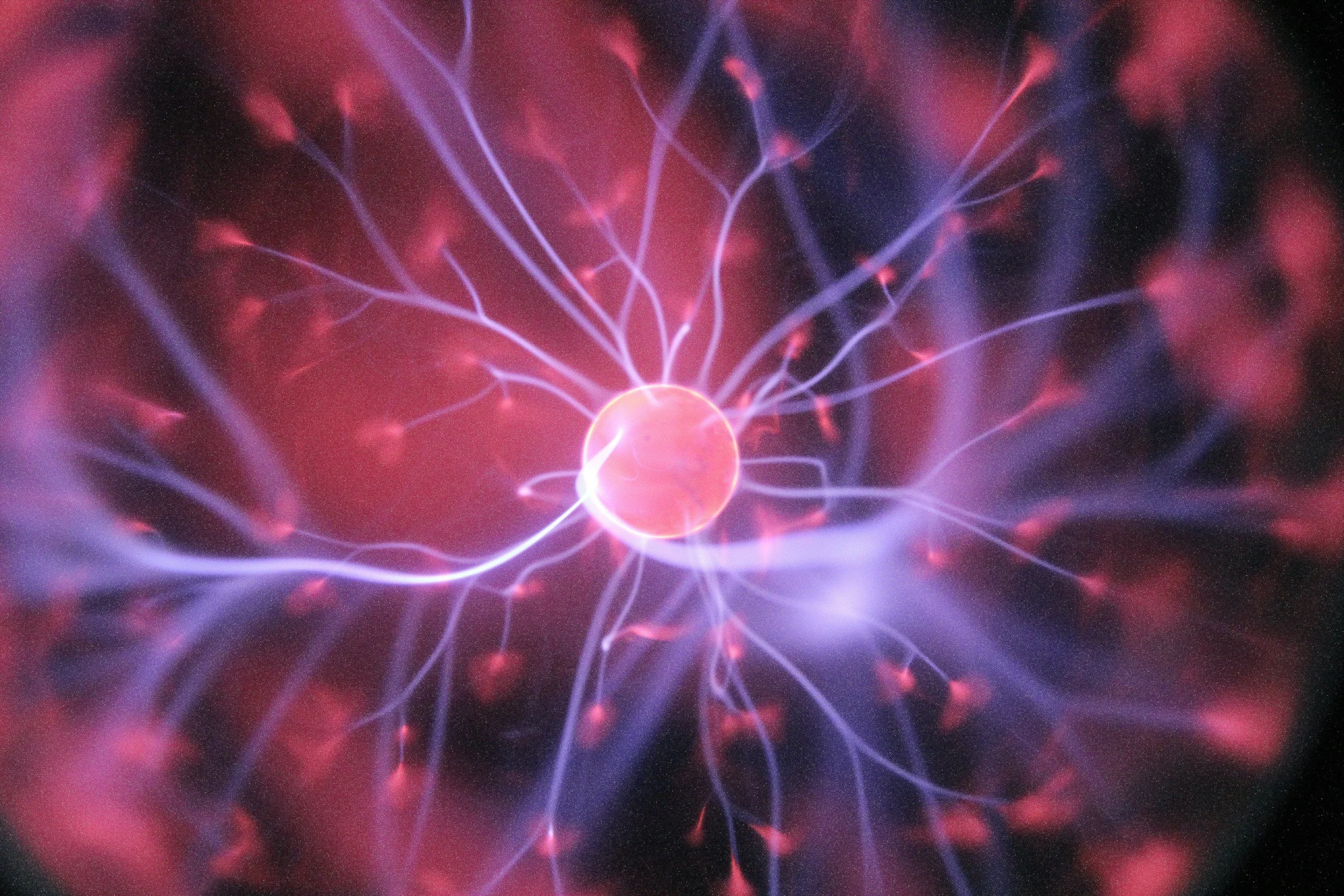
Cocaine Abuse: How It Hijacks the Brain—and How You Can Reclaim Your Life
Cocaine is seductive. It promises energy, confidence, and euphoria—but what it delivers over time is devastation. As an addiction specialist, I’ve seen how cocaine abuse rewires the brain, erodes emotional stability, and traps people in a cycle of craving and regret. But I’ve also seen something else: recovery. Real, lasting, life-changing recovery.
If you or someone you love is struggling with cocaine addiction, know this—healing is possible. The brain can recover. The spirit can reignite. And life can flourish again.
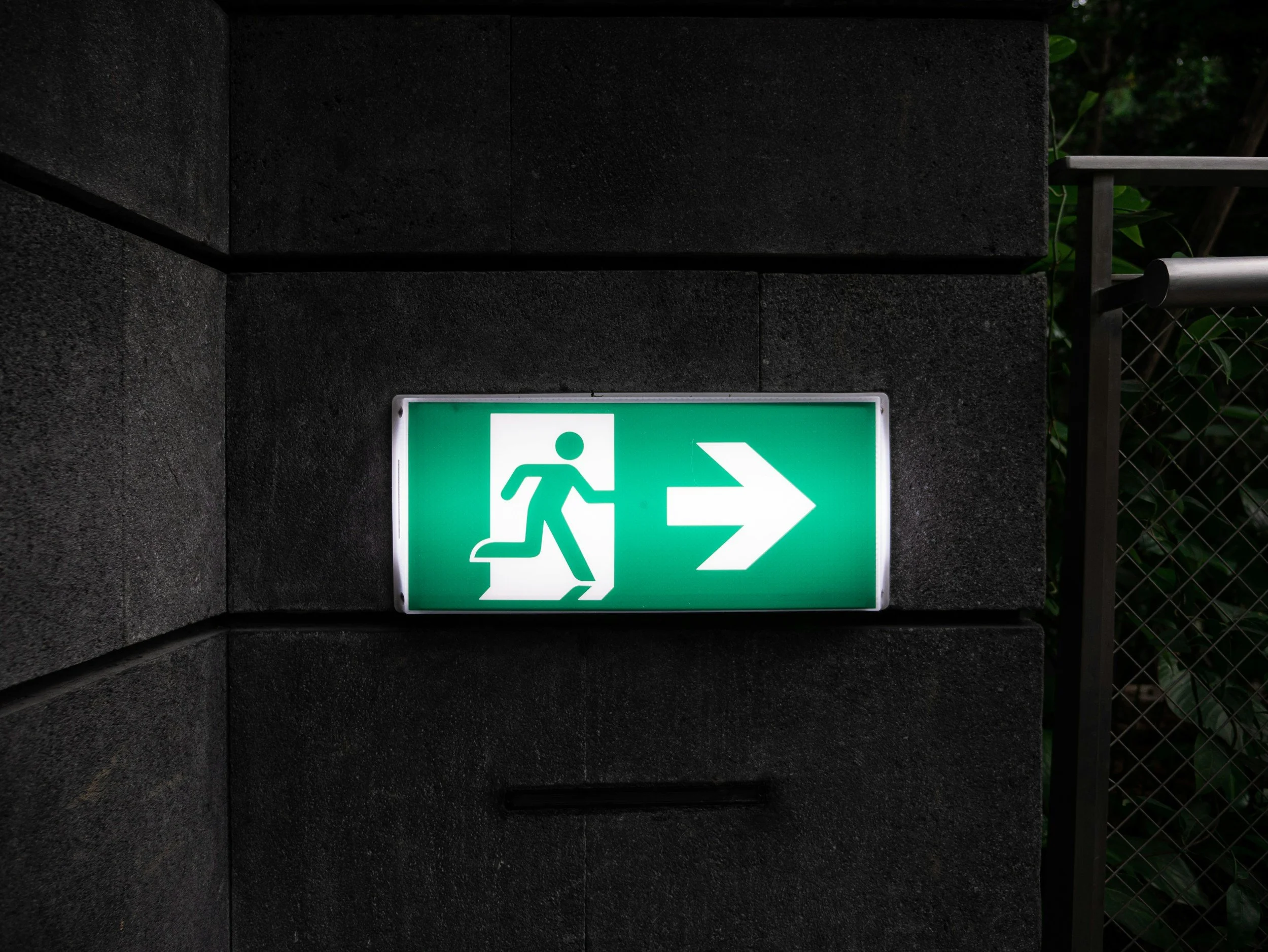
Consequences: The Wake-Up Call That Saves Lives
In the world of addiction—whether it’s substances like alcohol or cocaine, or behavioral compulsions like gambling, sex, or shopping—there’s one truth that often cuts through denial faster than any therapy session or heartfelt plea: consequences. As an addiction specialist, I’ve seen countless individuals hit a wall they never saw coming. And while it may feel cruel or catastrophic at the time, that wall often becomes the turning point—the moment they finally wake up.
Let’s talk about why consequences matter, how they work, and how they can be harnessed to support recovery.

Family Guide to Ketamine Addiction: Understanding, Supporting, and Healing
Ketamine addiction is a growing concern, especially among young adults and those seeking escape from emotional pain. While ketamine has legitimate medical uses, chronic misuse can lead to serious physical, psychological, and spiritual damage. Families play a vital role in recognizing the signs, initiating help, and supporting recovery.
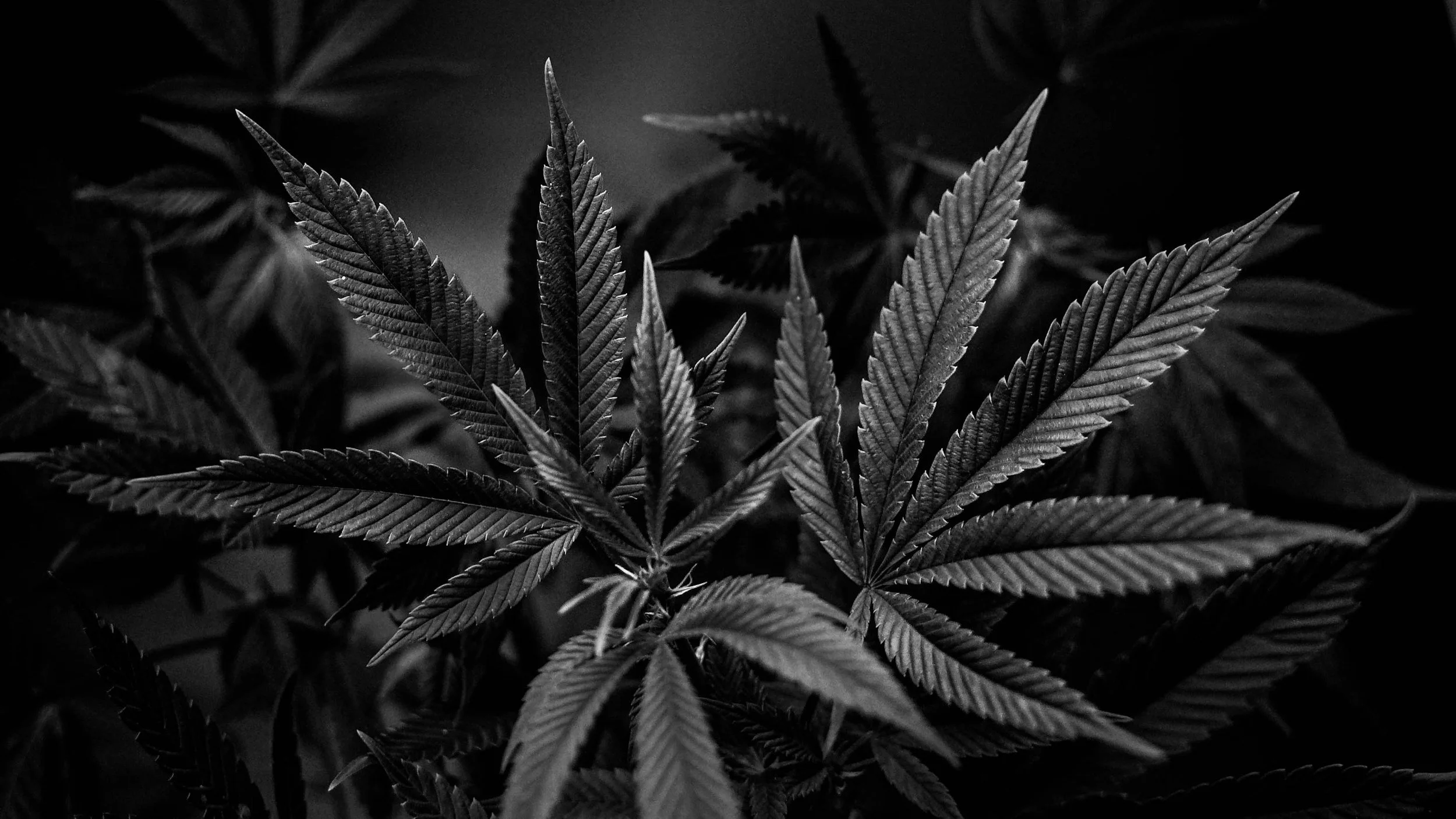
The Marijuana Misconception: Yes, It Can Be Addictive
When people think of addiction, they often picture alcohol, opioids, or stimulants. Marijuana rarely tops that list—and that’s exactly the problem.
For years, cultural narratives have painted cannabis as “safe,” “natural,” or “non-habit forming.” But as someone who’s worked closely with individuals whose lives were upended by marijuana dependence, I can confidently say: this belief needs a serious reality check.
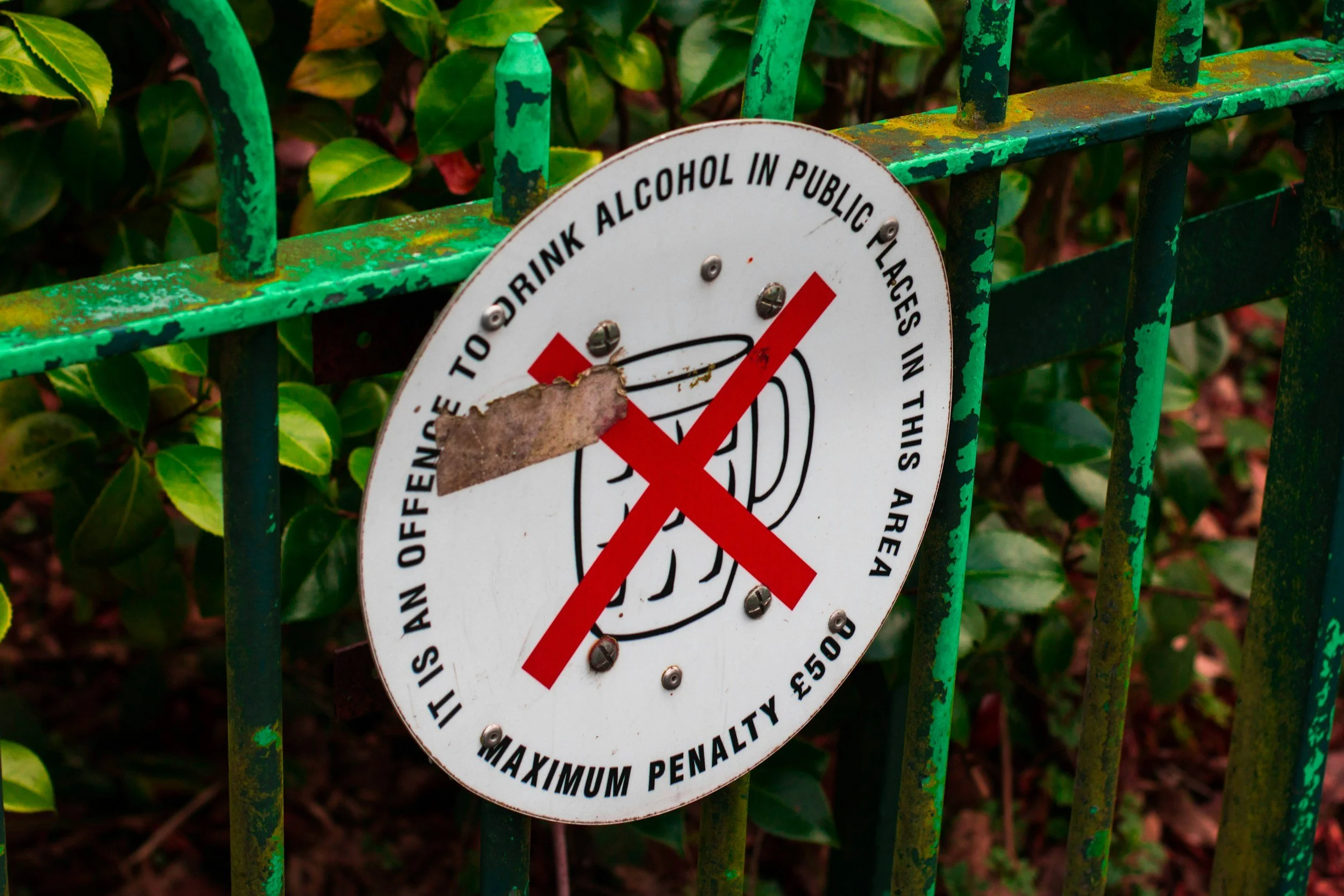
Why Abstinence Is the Only Cure for Chronic Addiction—And Why Addicts Struggle to See It
Addiction doesn’t whisper—it deceives. It clouds judgment, numbs emotions, and convinces the afflicted that they’re in control when control is long gone. For those suffering from chronic addiction—whether to substances or behaviours—abstinence isn’t just a lifestyle choice. It’s a life-saving imperative.

Counselling and Accountability in Early Sobriety: Keys to Lasting Recovery
Early sobriety—whether from substance addiction or behavioral compulsions—is one of the most challenging phases of recovery. Without the crutch of the addictive behavior, individuals face emotions they’ve suppressed, life changes they hadn’t anticipated, and the ever-present risk of relapse. This is why counselling and accountability play a crucial role in stabilizing and strengthening recovery. As an addiction specialist, I want to highlight the importance of professional guidance and structured support in these critical first steps.

When Is It Essential to Send Someone to Rehab? A Guide for Families and Employers
Addiction doesn’t just affect the individual—it ripples through families, workplaces, and communities. For those closest to someone struggling with substance use, it can be challenging to decide when professional intervention, like rehabilitation, becomes essential. As an addiction specialist, I often guide families and employers in recognizing these critical moments and determining the most effective course of action.

Holding a Loved One Accountable in Sobriety: A Guide for Supportive Allies
As an addiction specialist, I understand the critical role that loved ones play in the recovery journey of individuals struggling with substance use disorders (SUD) and behavioural addictions. Accountability is a key factor in maintaining sobriety and preventing relapse. While it is essential to approach this responsibility with compassion and empathy, holding an addict accountable requires clear boundaries, consistent support, and constructive strategies. In this blog, we will explore how loved ones can effectively support and hold an individual accountable in their sobriety.

The Dangers of Benzodiazepines: A Comprehensive Overview
As an addiction specialist, I have seen the profound impact that benzodiazepines can have on individuals' lives. Benzodiazepines, commonly known as "benzos," are a class of medications often prescribed for anxiety, insomnia, and other conditions. While they can be effective for short-term use, their potential for abuse, dependence, and serious health risks cannot be overlooked. In this blog, we will explore the dangers of benzodiazepines and why it is crucial to approach their use with caution.

The Hidden Dangers of Cocaine Abuse: A Specialist's Perspective
Cocaine, a powerful stimulant derived from the coca plant, has long been associated with euphoria and heightened alertness. However, beneath its seemingly alluring effects lies a dark reality that can wreak havoc on one's overall health. As an addiction specialist, I have witnessed firsthand the devastating impact of cocaine abuse on individuals and their loved ones. In this blog, we will explore the multifaceted effects of cocaine abuse on physical, mental, and social well-being.
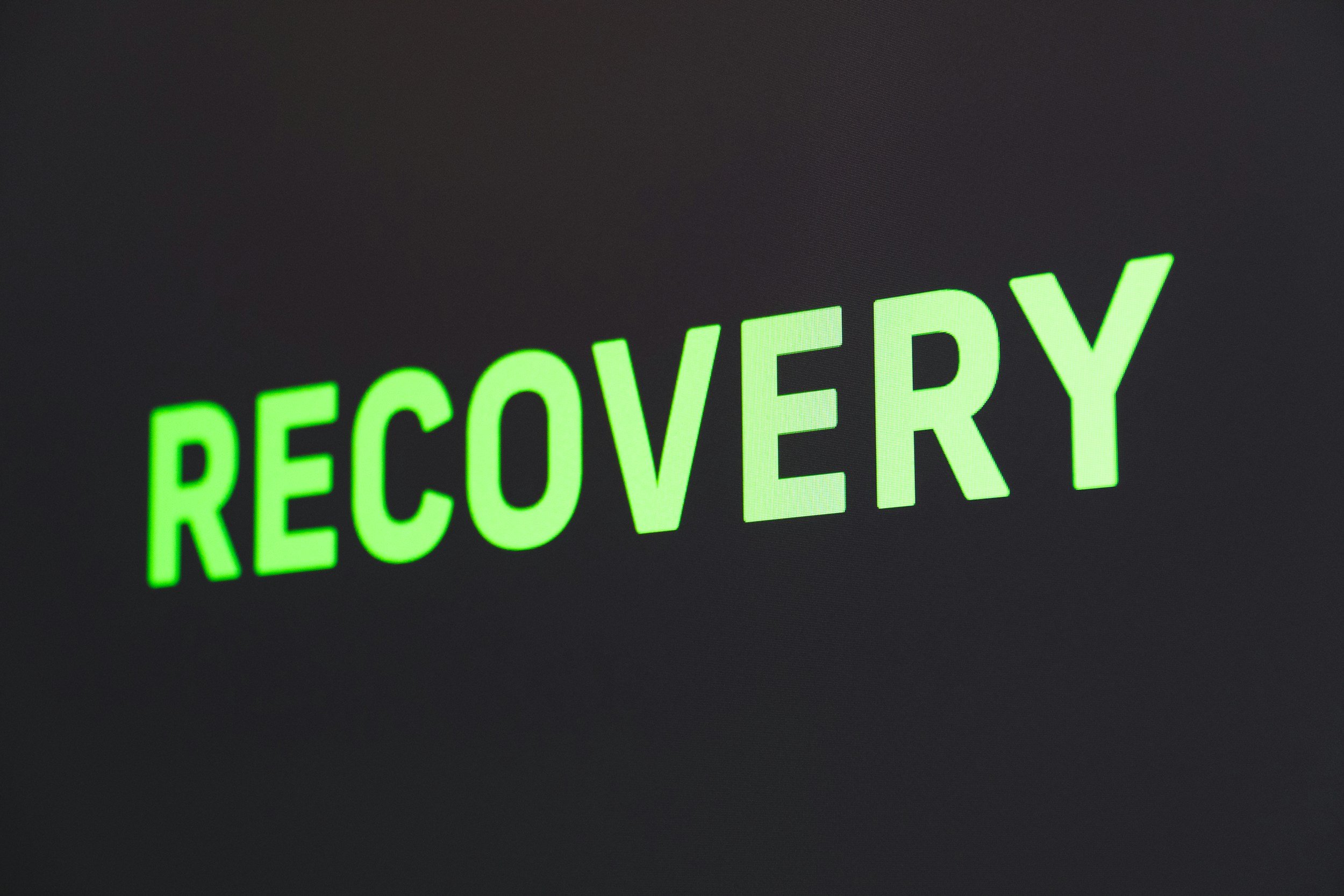
Relapse Prevention Plan: Your Path to Lasting Recovery
Leaving a treatment facility can feel like a major milestone in your journey to recovery. You've worked hard to break free from the grip of addiction, and now you’re stepping into the world anew. But with this newfound freedom comes responsibility, and one of the most important steps you can take is to create a solid relapse prevention plan. Here’s how to make sure your recovery stays on track.

The Benefits of Floatation Therapy in Treating Substance Use Disorders and Behavioural Addictions
What is Floatation Therapy?
Floatation therapy involves lying in a float tank filled with water and Epsom salts (magnesium sulfate). The high concentration of salt in the water creates buoyancy, allowing the body to float effortlessly on the surface. The tank is often soundproof and dark, removing external stimuli and helping individuals disconnect from the chaos of daily life. This controlled sensory deprivation allows the brain to enter a deeply meditative state, which can be transformative for both physical and emotional well-being.

The Vital Role of Physical Fitness in Addiction Recovery
As an addiction specialist, I have seen the transformative power of physical fitness in the recovery process. Physical activity is not only essential for overall health, but it also plays a critical role in supporting individuals as they navigate their journey to sobriety. In this blog, we will explore the importance of physical fitness when recovering from addiction and how it can contribute to a more successful and sustainable recovery.

Understanding Chronic Marijuana Use: A Specialist's Perspective on Short- and Long-Term Effects
Marijuana, also known as cannabis, has become increasingly popular and widely accepted in many parts of the world. However, it's important to understand that chronic, long-term use of marijuana can have significant and far-reaching effects on both physical and mental health. As an addiction specialist, I want to shed light on the potential consequences of chronic marijuana use, highlighting both the short-term and long-term effects.

Facing Resentments in Sobriety: A Specialist's Guide to Emotional Healing
Sobering up and overcoming addictive behaviours is a significant achievement, but it's often just the beginning of a journey towards emotional healing and personal growth. One of the challenges that many individuals face during this process is dealing with deep-seated resentments. Resentments can fester and hinder recovery, making it crucial to address and resolve them for long-term sobriety and well-being. As an addiction specialist, I offer some insights and strategies for facing and overcoming resentments once you begin your path to recovery.

The Cost of a Dangerous Experiment: The Consequences of Trying Cocaine
When someone tries cocaine for the first time, they may experience a rush of euphoria, increased energy, and heightened alertness. These effects are caused by a surge of dopamine in the brain, which creates a feeling of intense pleasure. However, this euphoria is short-lived and is often followed by a crash that includes feelings of agitation, paranoia, and fatigue. The intensity and duration of these effects can vary depending on the method of use, the dosage, and the individual's tolerance.

The Continued Consequences of Substance Use and Behavioural Addictions: A Comprehensive Overview
As an addiction specialist, I’ve witnessed the profound impact that continued substance use and behavioral addictions can have on every aspect of an individual’s life. Whether it's drugs, alcohol, or behavioural addictions like gambling or compulsive eating, the repercussions are far-reaching and can affect one's physical health, mental well-being, relationships, career, and overall quality of life. Understanding these consequences is crucial for recognizing the importance of seeking help and committing to recovery.
